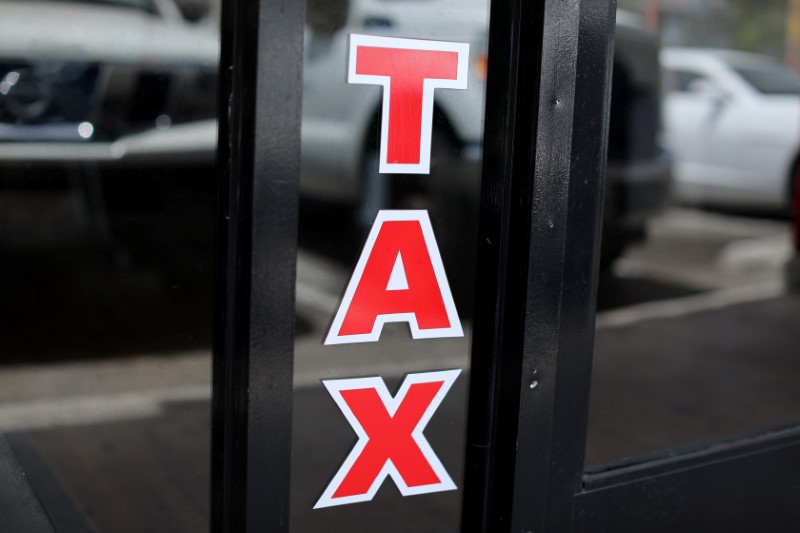New Delhi: Apex business chamber CII on Monday urged Finance Minister Nirmala Sitharaman to reduce personal income tax for individuals earning up to Rs 20 lakh per annum, introduce a three-tier customs duty structure with higher tariffs on finished goods and go for a 25 per cent increase in government capex in the Union Budget 2025-26 to spur growth in the economy. At a meeting held here with the Finance Minister in the run-up to the Budget, CII president Sanjiv Puri CII suggested the adoption of a 3-tier customs tariff structure with rates of inputs at 0 – 2.5 per cent, intermediates at 2.5 – 5.0 per cent, and final goods at 7.5 per cent over a period of time, with certain exceptions. CII also underlined the need to build on the success in manufacturing in certain sectors, with similar targeted interventions for sectors, that can create large-scale employment, like readymade garments, footwear, furniture, tourism, real estate and construction. CII said FTAs with countries like the EU and the UK should be expedited and lower duties should be levied on imports of raw materials like cotton The introduction of Next Gen reforms, particularly Labour reforms would go a long way in unlocking the potential of such labour-intensive sectors, according to the CII presentation. CII emphasised the need for a continued increase in the government’s capex spending by 25 per cent over the Rs 11.1 lakh crore budget for FY 25, with an enhanced focus on rural infrastructure which would have a multiplier effect on the economy and spur growth. CII further emphasised the need to develop an integrated foreign trade, investment and industrial policy. An expert group under the Finance Minister’s leadership could be constituted with industry participation to draft the policy, the chamber said. The CII presentation favours a fiscal deficit at 4.5 per cent for FY26 as a sharper contraction could impact demand. Debt targeting from FY27, with a glide path to bring the Central government’s debt to below 50 per cent of GDP by 2030-31. This is likely to have a positive impact on India’s sovereign credit rating and interest rates, the CII presentation states. Various measures to boost consumption suggested by CII include a reduction in excise duty on fuel to reduce overall inflation and boost disposable incomes. Reducing marginal tax rates for personal income up to Rs 20 lakh per annum to trigger the virtuous cycle of consumption, higher growth and higher tax revenue. The CII presentation also favours the divestment of government stakes in select PSEs to retain 51 per cent to unlock about Rs 10 lakh crore which could be utilised for — enhancing public capex, retiring government debt, and setting up a Sovereign Wealth Fund for investing in strategic assets overseas towards acquiring critical technologies and minerals. CII is of the view that the fundamentals of the Indian economy remain strong given the sound economic policies that India has pursued. Despite some softening of domestic demand in the first half, a progressive recovery is expected. However, global uncertainties, including excess capacity in China, a climate emergency and consequent food inflation, are clearly challenges.
Budget 2025-26: CII Seeks Cut In Income Tax, 3-Tier Customs Duty To Spur Growth











